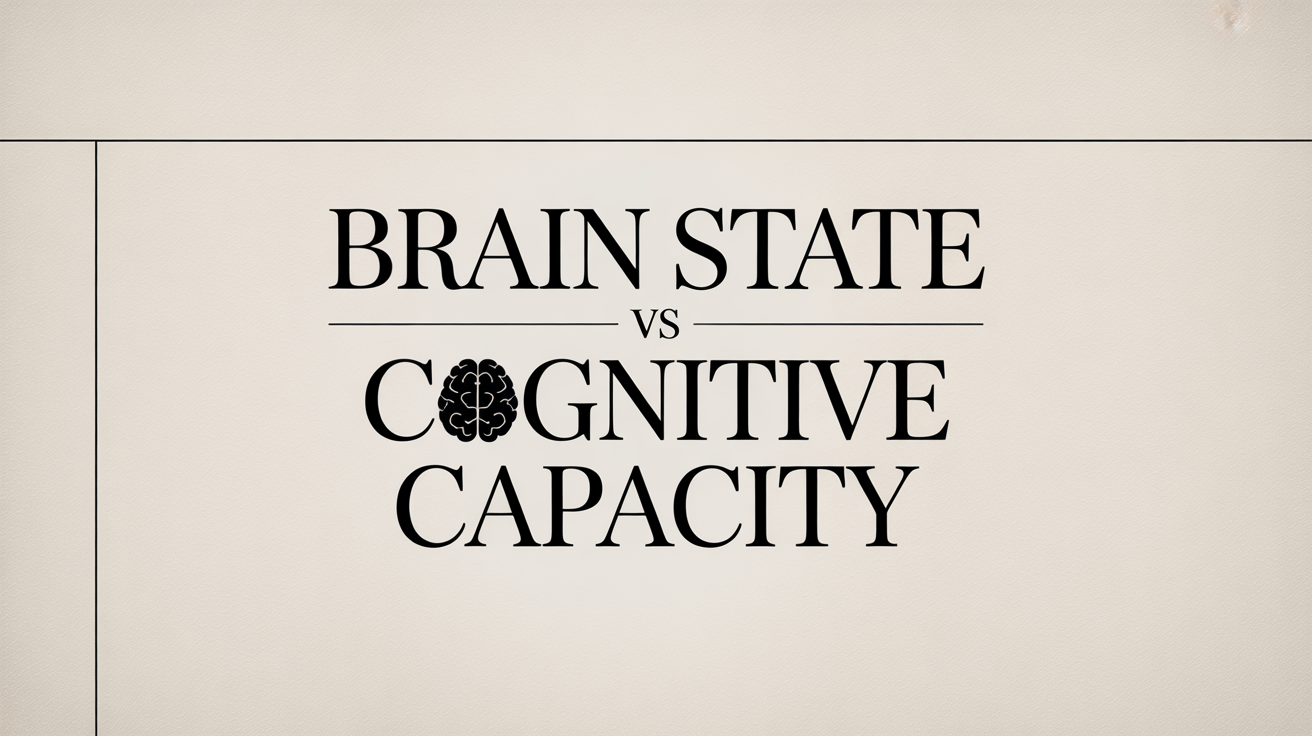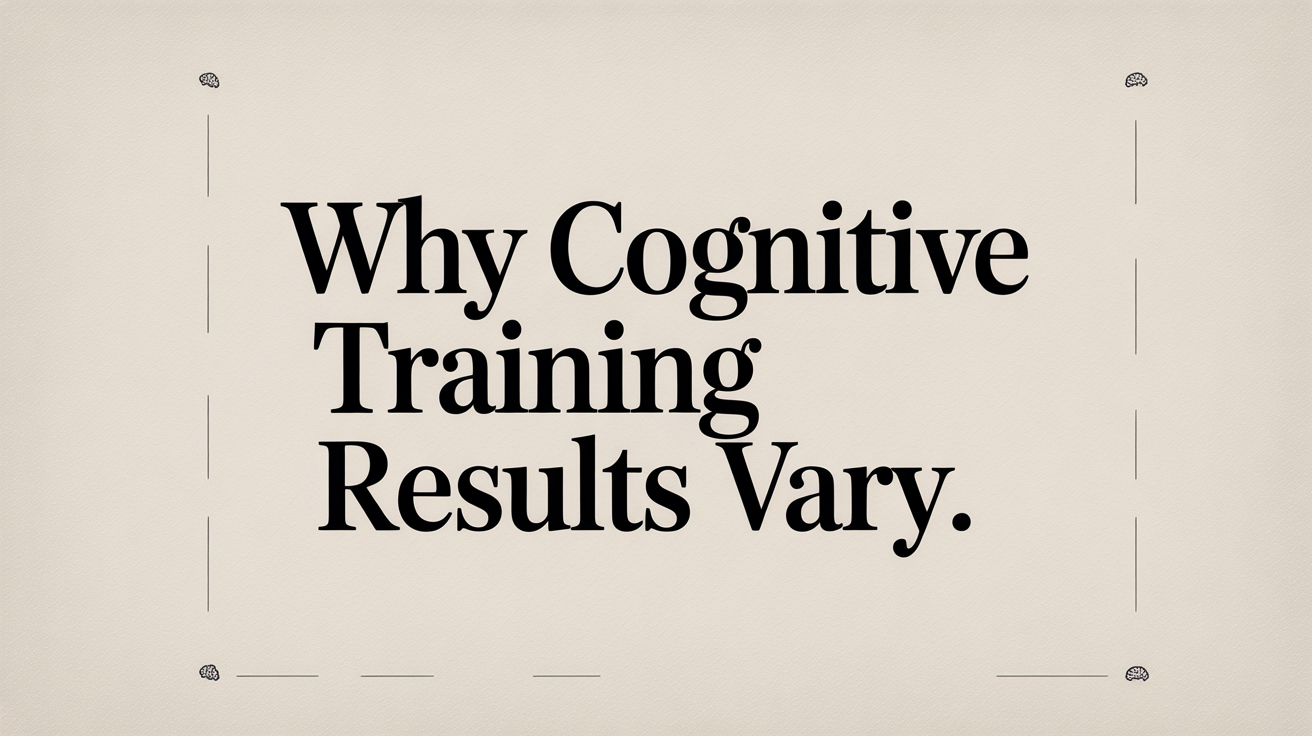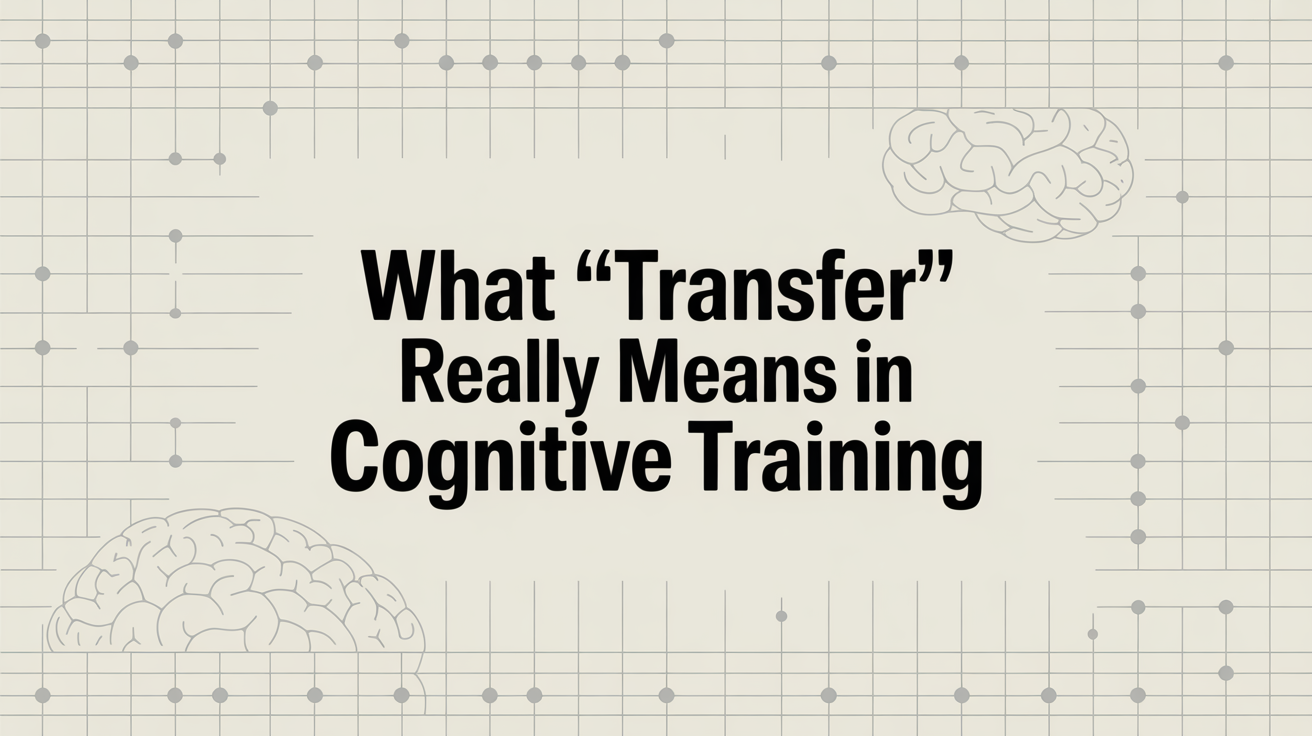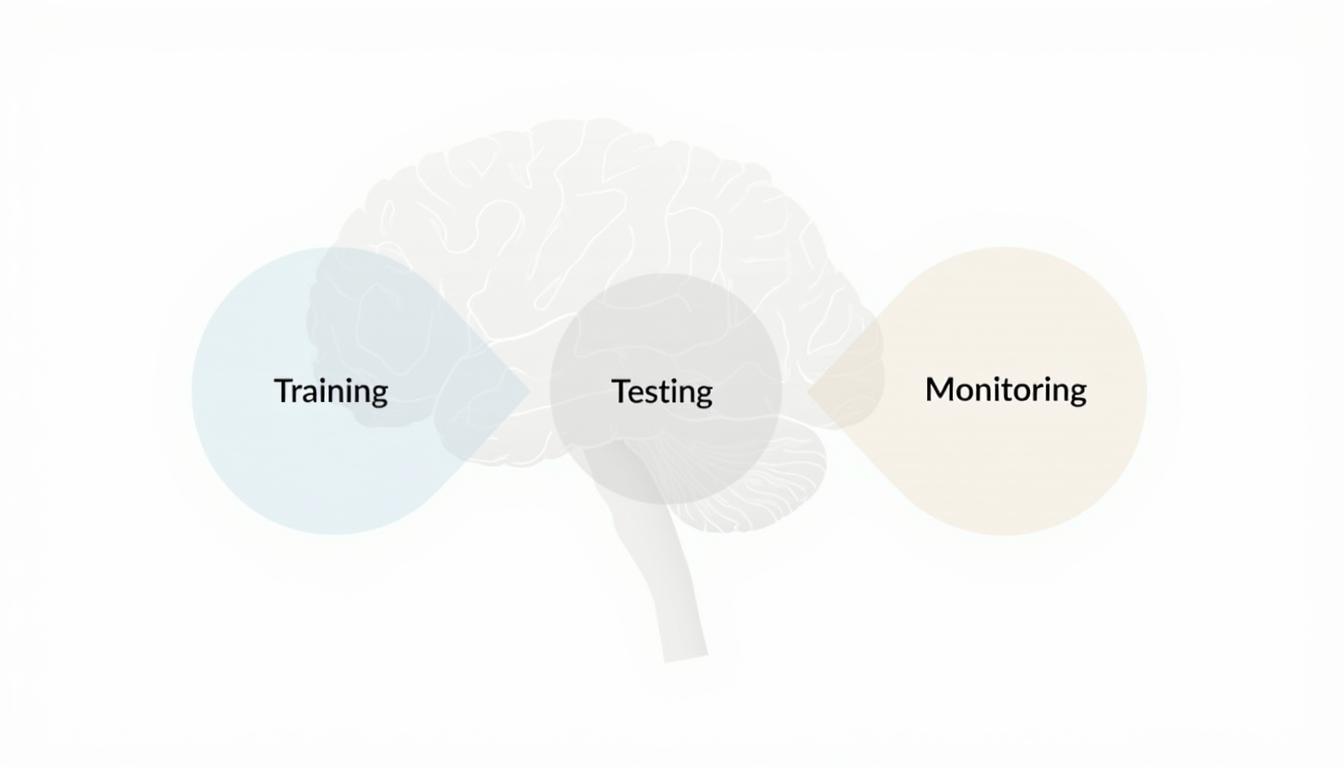Welcome to the Research and Strategy Services at in today's fast-paced.


Parents often feel frustrated when their child insists, “I know what to do,” yet fails to follow through. This gap between knowing and doing is one of the hallmarks of ADHD.
It isn’t laziness or defiance. It’s a brain-based challenge — and it has solutions.
ADHD brains struggle with executive function — the skills that turn ideas into action. Planning, prioritizing, and sequencing tasks can all break down.
Even when a child understands instructions, they may not hold the steps long enough to act. This leads to procrastination, distraction, or incomplete tasks.
ADHD brains often need stronger or more immediate rewards to act. What seems “simple” to others can feel unmotivating to them.

Don’t expect kids to keep everything in their head. Use tools like:
This reduces cognitive load and makes success visible.
Instead of “clean your room,” start with:
Chunking creates small wins and builds momentum.
Tie tasks to something rewarding right after. For example:
Immediate reinforcement taps into how ADHD brains process motivation.
For older kids, pairing tasks with engaging activities — like doing attention training on NeuroTracker before studying — can also boost focus and follow-through.

When a child says, “I know what to do, I just can’t do it,” they’re expressing a real gap between skills and performance. With scaffolding, rewards, and practice, parents can help bridge that gap — building both confidence and independence.
Q: Does my child’s struggle mean they aren’t trying?
A: No. ADHD affects how the brain organizes action. Supportive strategies, not pressure, help kids engage.
Q: Should I remind them constantly?
A: Too many reminders can feel like nagging. Instead, use external tools (visual schedules, task lists) so the environment does the reminding.
Q: Can training really improve follow-through?
A: Yes. Evidence shows that both behavioral strategies and cognitive training can strengthen attention and executive skills, supporting better daily performance.
Q: Will my child outgrow this challenge?
A: Executive function improves with age, but ADHD often persists. Building strategies early helps long-term success.
This article was originally published on Breakthrough ADHD and is republished here with permission.








Welcome to the Research and Strategy Services at in today's fast-paced.

Learn about Marc Van Loken's growing mission for brain health advocacy with Marvalous Health.

Understand the unique challenges of gifted ADHD kids and strategies to help them find balance.

Learn about two pioneering centers led by Dr. Kakavas that integrate neuroscience, biomechanics, and elite rehabilitation methods.
.png)